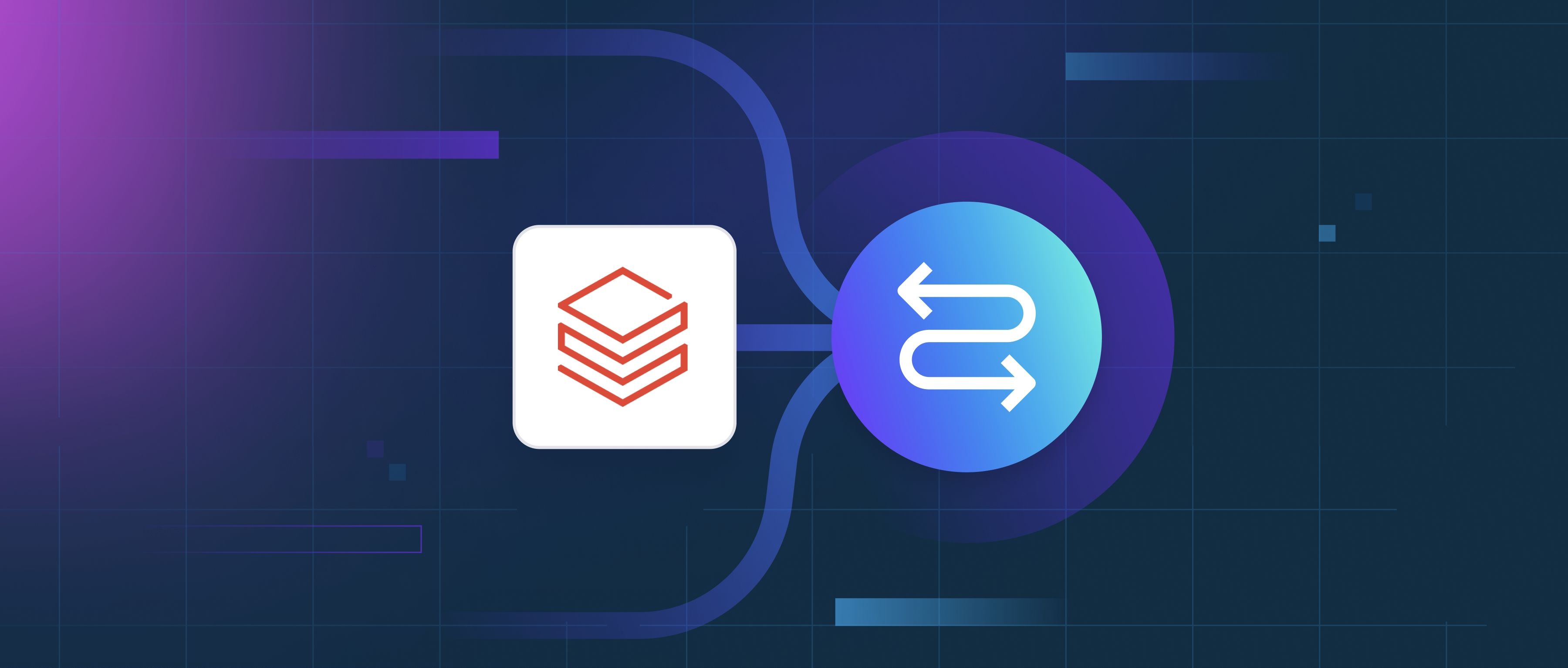Multi-agent systems (MAS) support adaptive learning by allowing multiple intelligent agents to interact and share information in a collaborative environment. Each agent can learn from its experiences and adapt its behavior based on the outcomes of its actions. This collaborative approach enables them to collectively solve complex problems and improve their performance over time. For example, in a traffic management system, individual agents monitoring different intersections can learn from traffic patterns and congestion levels. By sharing data about traffic conditions and adjusting their strategies in real-time, they can optimize traffic flow more effectively than a single, centralized system.
In an adaptive learning context, agents can engage in mechanisms such as reinforcement learning, where they receive feedback based on their actions. For instance, consider a system of agents controlling autonomous vehicles. Each vehicle can learn about safe driving behaviors by analyzing its own performance and observing other vehicles. When an agent makes a decision that leads to a near-miss, it can update its strategy to avoid similar situations in the future. Over time, the agents not only refine their own decisions but also influence the learning of their peers, which fosters a shared knowledge base and enhances overall system adaptability.
Furthermore, multi-agent systems excel in dynamic environments by enabling agents to adjust their learning approaches based on changes in conditions. For instance, in a financial trading system, agents can adapt their strategies according to market fluctuations. If certain trading tactics yield poor results during a volatile period, agents can identify this trend through their collective experiences and alter their decision-making processes accordingly. This ability to adapt to new information and situations is a significant advantage of multi-agent systems, making them well-suited for applications that require flexibility and responsiveness in learning and decision-making.
